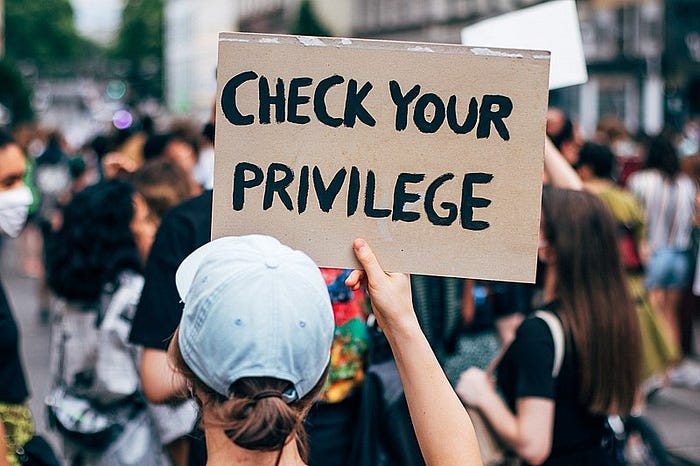Member-only story
The Problem with Privilege Theory

In the history of the Civil Rights Movement, the word “privilege” rarely occurs. In the 1960s, most of us believed the majority had rights, the rich had privileges, and minorities were oppressed. We wanted to end oppression and privilege so everyone could have equal rights. We saw privilege as special treatment for the lucky few, contest winners and rich people. This makes sense. The Latin roots of the word privilege mean “private law”—the privileged can buy better treatment than the rest of us.
The idea of white privilege began early in the 20th century when segregation was legal. W.E.B. Du Bois, a socialist, saw what he called white skin privilege as a symptom of a greater problem. He explained it in his preface to the 50th anniversary edition of The Souls of Black Folk:
I still think today as yesterday that the color line is a great problem of this century. But today I see more clearly than yesterday that back of the problem of race and color, lies a greater problem which both obscures and implements it: and that is the fact that so many civilized persons are willing to live in comfort even if the price of this is poverty, ignorance, and disease of the majority of their fellowmen.”
But the Transformative Justice Law Project of Illinois’s “Checking Your Privilege 101” defines privilege as “an unearned advantage that a dominant group has over marginalized groups.” Their examples range from race and gender to “able-bodied privilege” (the “privilege” of not being disabled) and “life on the outside privilege” (the “privilege” of not being imprisoned). To Privilege Theorists, a dominant group is a large social group — usually, the majority. US dominant groups include white people (77.9% of the population), men (49.2%), straight people (95%), people who are not obese (73.5%), people who are not behind bars (approx. 99%)….
When Kimberlé Crenshaw coined “intersectionality” to give Critical Race Theorists and middle-class feminists an umbrella to work together, the result was the simplistic worldview of Privilege Theory: No one has rights. Either you’re privileged or oppressed, so those who are not oppressed are privileged.
Rev. Thandeka pointed out the flaw in that logic in “Why Anti-Racism Will Fail”:
“Imagine that business and government…
